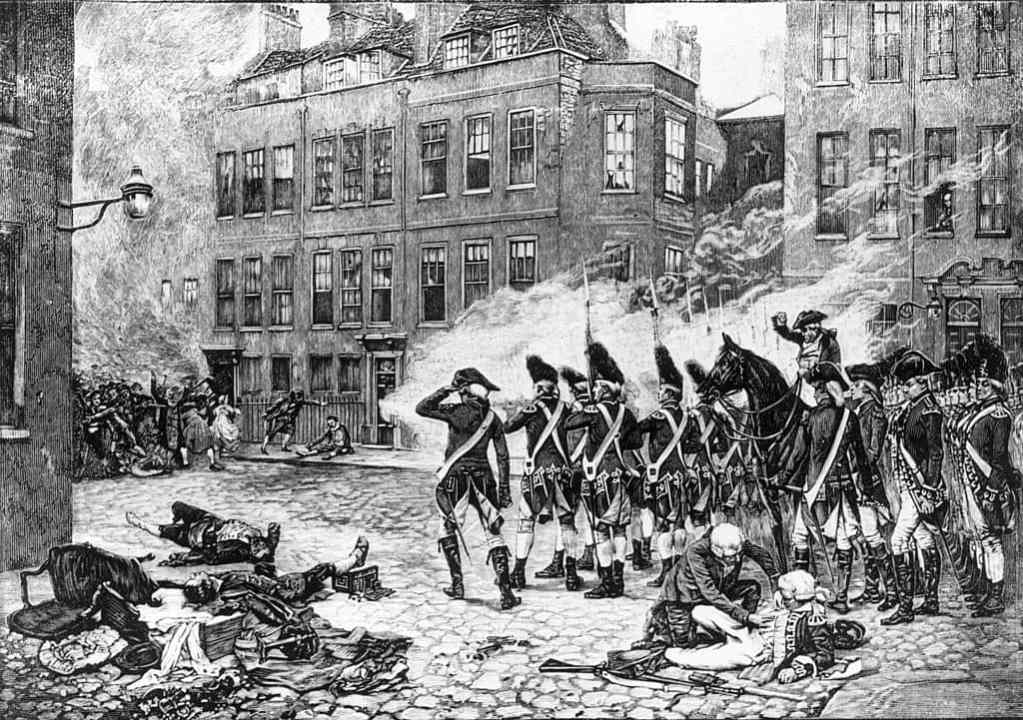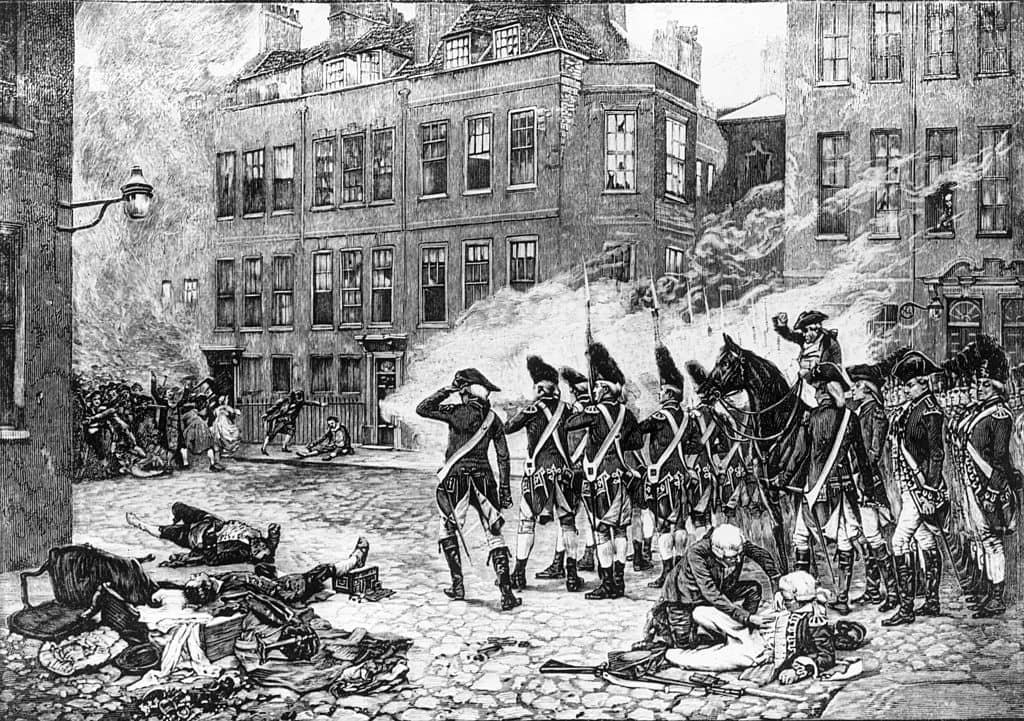The ugly attack on Iain Duncan Smith by five protestors at the Tory conference in Manchester has been widely seen as another illustration of how dangerously embittered British politics has become. We now live, it is often said, in a world of deepening friction, hate and intolerance. Angela Rayner’s now notorious rant about Tory ‘scum’ was also seen as a prime example of the spread of ‘cancel culture’, or the way Twitter rage has ruined civilised debate. Ditto the alarming story of Labour’s MP for Canterbury, who refused to attend her own party’s conference in Brighton last week after she received a number of threats.
It’s all very unpleasant. Amid concerns about worsening discord and extremism, however, a sense of historical perspective is needed. Foul abuse and aggressive partisanship are nothing new in British politics; nor were senior politicians treated with any greater reverence in the past. Indeed, incidents like Rayner’s outburst and the assault on Sir Iain have the capacity to shock because our political scene today is generally so peaceable, certainly more so than in the late 18th century when the mob played a prominent role in urban life.

Get Britain's best politics newsletters
Register to get The Spectator's insight and opinion straight to your inbox. You can then read two free articles each week.
Already a subscriber? Log in







Comments
Join the debate for just £1 a month
Be part of the conversation with other Spectator readers by getting your first three months for £3.
UNLOCK ACCESS Just £1 a monthAlready a subscriber? Log in